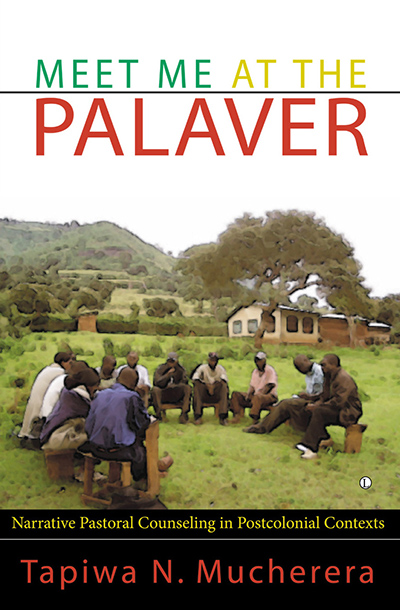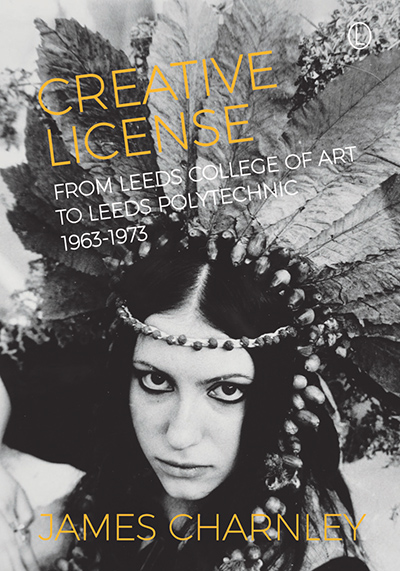Description
Meet Me at the Palaver shows the damaging impact of colonial Christianity on indigenous African communities. The book opens with stories of destructive change brought to indigenous contexts, where the culture, values, religion, and humanity of African peoples were often marginalised. Counselors in indigenous contexts need “to get off their couch or chair” and into the neighbourhoods, into those places made vulnerable to disease and poverty and by the collapse of “the palaver” and other traditional institutions of social stability.
Mucherera argues for a holistic narrative pastoral counseling approach to assess and service the three basic areas of human needs in indigenous African communities: body, mind, and spirit. The book presents a hopeful strategy of recovering stories, cultural traditions, and values that have been subjugated in the past as effective means for dealing with contemporary life in indigenous contexts such as Zimbabwe.
About the Author
Tapiwa N. Mucherera is Professor of Pastoral Counseling at Asbury Theological Seminary and Assistant Provost in Florida. He is also the author of Pastoral Care from a Third World Perspective. The author is an ordained United Methodist pastor and has served in churches in Zimbabwe and in the United States.
Contents
Acknowledgments
Preface
1. Introduction: Remembering Our History, and Forging Stories of a Hopeful Future
2. Clashing Cultures and Ethical Values in the Age of HIV/AIDS
3. A Culture of Death: Poverty and HIV/AIDS
4. Signposts of Hope: Religion, Revillaging, and Reauthoring
5. The Palaver and Beyond: A Holistic Narrative Pastoral Care and Counseling Approach
Bibliography
Endorsements and Reviews
A must read for all pastoral caregivers, pastors, counselors, and ministry students, since the narrative approach is an effective communication tool in today’s cross cultural world.
Anne Kiome Gatobu, Asbury Theological Seminary
The author challenges dangerous traditional practices in the age of HIV/AIDS, and the need for justice for the poor. A must read for those interested in working with indigenous peoples.
Edward P. Wimberly, I.T.C., Atlanta






